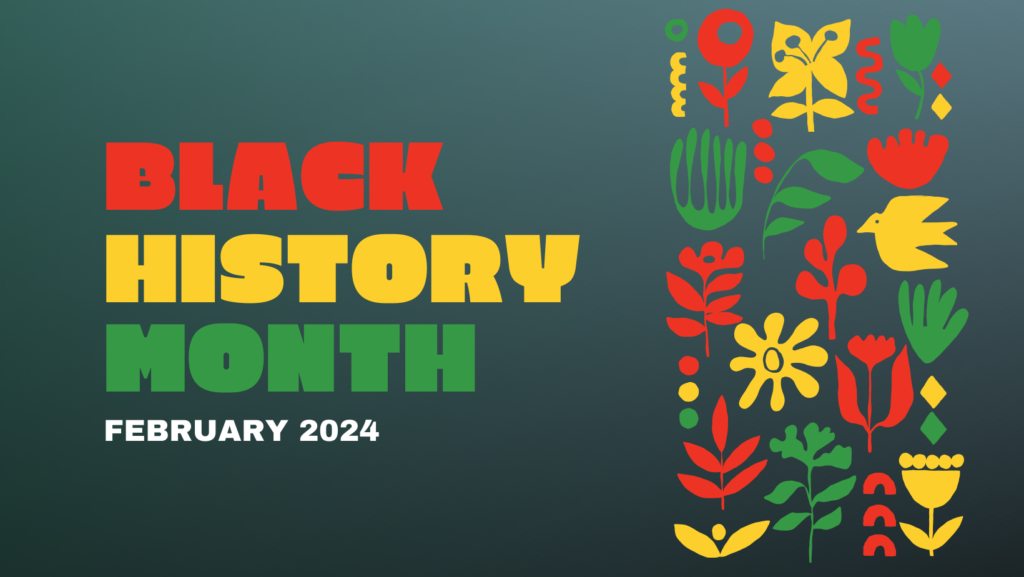
In February, we commemorate Black History Month. At ForestWatch, we take this opportunity to honor and celebrate individuals within our community who champion various causes: advocating for the preservation of our wild spaces, supporting communities disproportionately affected by environmental injustices, promoting sustainability in the business realm, mentoring our youth to become stewards of nature, designing innovative solutions for waste management, advocating for policy reforms, and fostering healthier communities for everyone.
Click on any of the images below to access brief interviews for each environmental champion. Learn about the work they’re engaged in and discover ways you can show your support for their efforts.



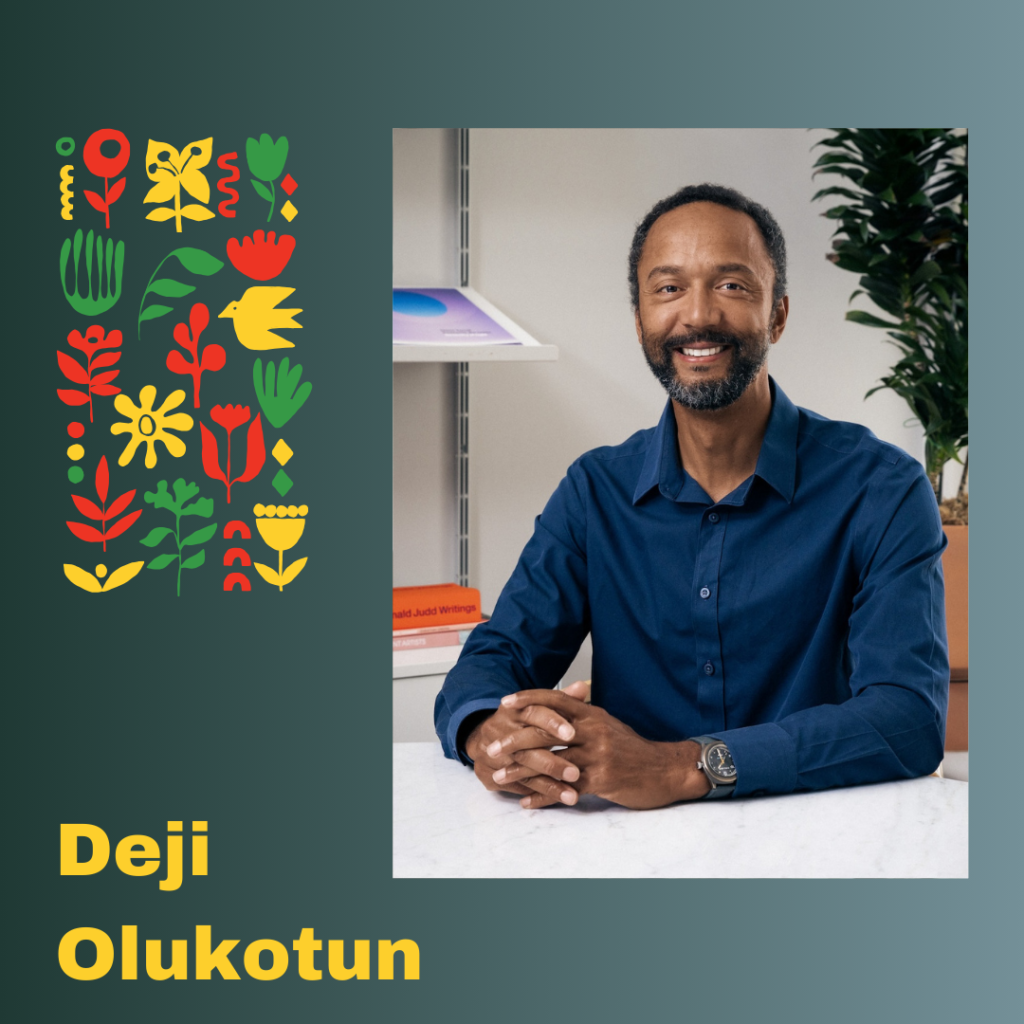


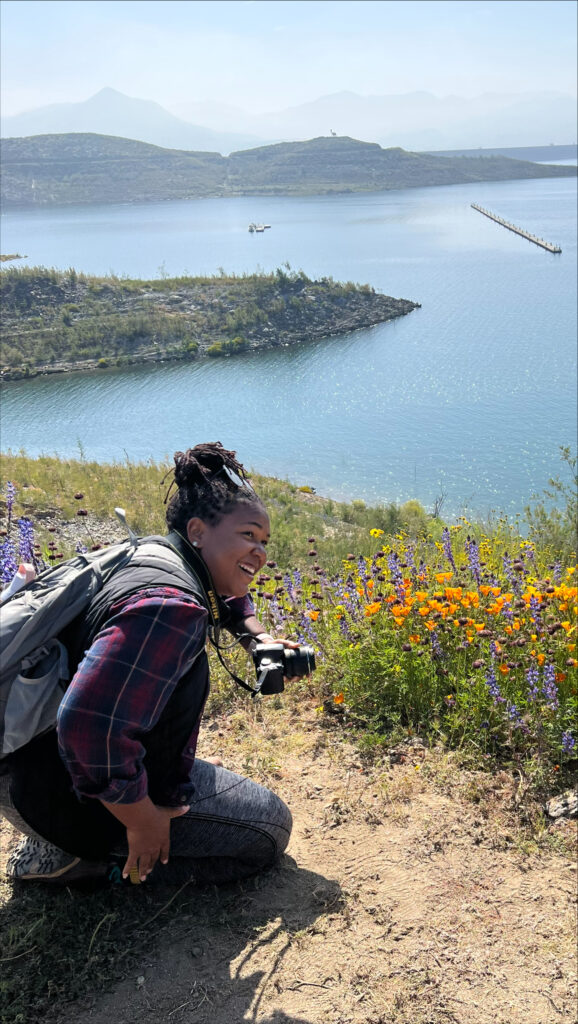
Azsha Hudson (she/her/hers)
Marine Conservation Analyst,
Environmental Defense Center
What part of your heritage and/or history do you feel most proud of or connected to? The black community’s creativity is something that I have always admired. No matter how bad it was and is, there’s always creation happening. Whether in music, food, art, dance, fashion, engineering, we have always been creative and trend setters. That we can still see beauty in a world that wants us to be monotone and jaded is amazing. I try to stay true to that philosophy, when I am experiencing a hard time, I always try to create.
What inspires you or is your motivation to protect the earth, nature, or the environment? When I was a child, I saw a documentary on the hole in the ozone layer. I remember intense panic (for a 4th grader) and sorrow. I viewed the earth (nature/environment) as an innocent victim being taken advantage of and abused. As I got older, I understood that Earth has full capabilities to heal herself, but I think it is our duty as humans to try and fix or at the very least, stop the destruction we are inflicting on Earth. We were not here first, and even if we were that does not give us the moral right to abuse the environment. My inspiration is not necessarily to protect the earth, it’s to be an advocate for her.
What barriers exist for the Black community to work in environmental spaces as defined by the mainstream environmental movement? I think childhood access to nature is a big one. If children aren’t shown the beauty of the world and told the importance of the different biological cycles, then how would they enter a field that they probably never imagined there were opportunities in? Letting children see nature, untouched and thriving is the best compelling story or argument one can make as to why the way most countries interact with nature is not sustainable.
How can the community best support you on your career journey or your work? Get informed! Find reputable sources of information and learn more about everything. Ask questions, specifically the hard ones, especially in state and federal agency sponsored public meetings. Inform yourself on what you can do to reduce your impact (assuming you have the financial means to make that move) whether that is changing what brands you buy from if they are not sustainable in ways that matter to you or changing your diet to consume food that has the least environmental impact. There is a way for every individual and corporation to get involved in conservation.
Azsha Hudson is a Marine Conservation Analyst with the Environmental Defense Center Based in Santa Barbara. She was born and raised in San Diego, with most of her childhood spent at the beach or exploring outside. Her work has centered around numerous sectors in California, like the process to establish clean energy through offshore wind, the decommissioning of oil and gas rigs off the coast of California, and the Aquaculture Opportunity Areas (AOAs) in the southern part of California waters.
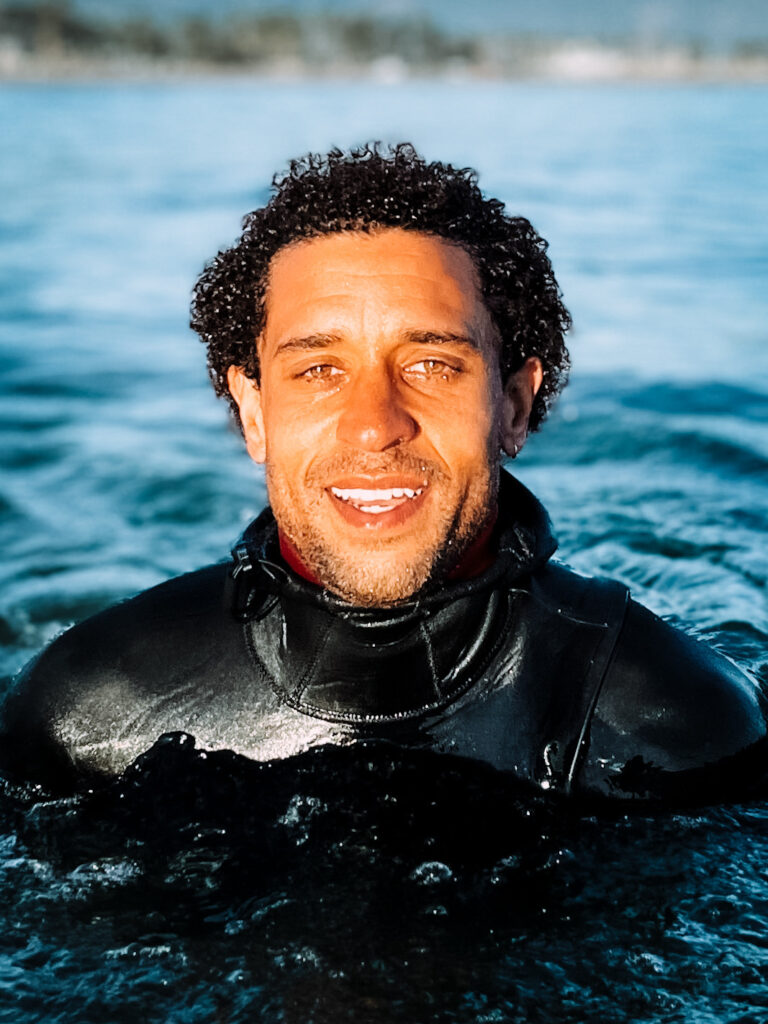
Chris Ragland
Executive Director,
The Sea League
What part of your heritage do you feel most proud of or connected to? Being resourceful. Growing up I was taught that regardless of your circumstances, it can always be worse. The unmatchable creativity that comes from the Black community is a product of having so little and yet feeling so abundant and mentally unbeatable.
What inspires you or is your motivation to protect the earth, nature, or the environment? People are always asking why I care about the planet. As much as I am deeply passionate about the outdoors I am also seriously concerned for the overall well-being of our society. I believe that a lot of the problems that we face as a global community are deeply rooted in being disconnected from, and in some circumstances, afraid of our environment. I push for people to protect our blue and green spaces because that’s what makes life on this planet possible. If you can’t feel good going outside, how do you call that living?
What barriers do you feel exist for the Black community to work in environmental spaces as defined by the mainstream environmental movement? The lack of representation discourages future generations from developing the skills to qualify for environmental jobs or engage in those spaces. A lot of those jobs have been reserved for primarily white men with families that have a legacy of working in the environment. That said, grassroots community efforts over the last few years have begun to rewrite the perception of acceptance amongst the Black community in both the outdoors and environmental careers for the better.
How can the community best support your work? Advocate for swim lessons in elementary and middle schools in order to make beaches and marine habitats more inviting for future generations. How do we encourage diversity in ocean spaces when disadvantaged communities of color can’t swim?
Chris is a life long ocean lover with over 10 years experience as a surf coach and kayak guide on Channel Islands National Park. He graduated from UCSB where he researched the impacts of human activity and extreme weather events on coral, diving all throughout Southeast Asia. When he’s not firing up The Sea League, he serves as a member of the Channel Islands National Marine Sanctuary Advisory Council, advising NOAA on decisions affecting the thriving marine ecosystems surrounding the islands. He also sits on the Board of Wilderness Youth Project, who have for the past 25 years been working to make happier healthier and smarter kids through nature connection.
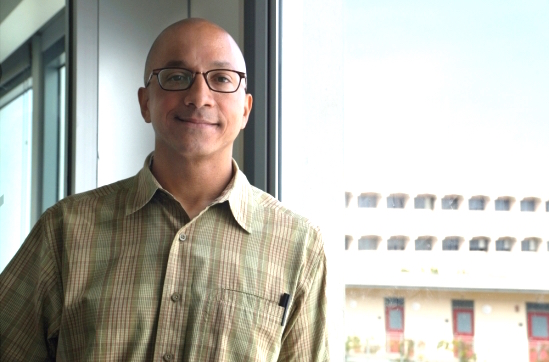
David Pellow
Dehlsen Chair and Distinguished Professor of Environmental Studies
and Director of the Global Environmental Justice Project,
University of California, Santa Barbara
What part of your heritage do you feel most proud of or connected to? Since I think of myself as embodying multiple social categories, I would say I am proud of them all. Specifically, I identify as African American and European American (I have both U.S. and British citizenship), I identify as a person of color and as multi-racial, I identify as a person of faith, and I identify as one of many billions of animals that call this planet our home. I emphasize those multiple identities because they connect me with so many other people and beings throughout the earth’s multispecies communities, which allows me to imagine kinship and build common cause with literally countless other relations throughout the biosphere.
What inspires you to protect the earth, nature, or the environment? My mother was a civil rights movement activist who fought for racial justice many decades ago. She worked alongside the late great Congressman John Lewis and other civil and human rights icons and she successfully co-led the movement that ended racial segregation in restaurants and other businesses in the city of Nashville. She was also an educator and met my father when they were both in college, working as social justice activists while also pursuing advanced degrees (both earned their PhDs). Therefore my parents inspired me to be a lifelong student and lifelong educator and to understand that social change requires a critically informed populous and grassroots mobilization to create strong democratic institutions, so I have embraced all those lessons. My father instilled in me a deep love for nature and the outdoors. We would regularly hike trails and swim in rivers and lakes across the region I grew up in, particularly in the Great Smoky Mountains and other national and state parks throughout the U.S. South. As a result I routinely crossed paths with snakes, frogs, salamanders, skunks, wild turkeys, rabbits, deer, wood peckers, and black bears during my childhood and I just could never get enough of it. I loved camping, cooking (and eating!) pancakes on an outdoor stove, roasting marshmallows and hot dogs on an open fire, and climbing trees to get a great view of a sunset. For me there was just a simple love of being among the billions of denizens on this beautiful rock we call planet earth.
What barriers do you feel exist for the Black community to work in environmental spaces as defined by the mainstream environmental movement? Historically, Black folks were often denied access to the same kinds of recreational spaces that I enjoyed as a kid, and I’m glad to see that changing rapidly as numerous organizations have emerged to ensure those doors are opened today and forever. However, mainstream white, middle class environmental organizations still tend to feel like largely exclusive spaces that are not always welcoming of Black folks as members and as leaders, so we’ve got a lot of work today. Having said that, I’m delighted to see that Greenpeace is the first legacy environmental organization with an African American woman as Executive Director (Ebony Martin) and that the Sierra Club has an African American man as Executive Director (Ben Jealous). Those changes took years of hard work and pushing from both within and outside those organizations and those efforts have truly paid off. And yet for many of us, there remains a persistent gulf between environmental justice and environmentalism, between climate justice and the climate movement, because we still have yet to come to a basic understanding as a society that environmental and climate justice are not special interest values and goals—they are visions and practices that will benefit everyone and the planet. Until we have successfully articulated that point, the gap in understanding and participation will remain. But as I said, we have made a great deal of progress in the three decades that I’ve been involved in this work, so I know we will reach that goal in the coming years. I have faith that is rooted in my experiences and observations of our will and determination to overcome adversity and polarization, so I remain optimistic.
How can the community best support your and/or your work? I think that support goes both ways, like a call and response, so I figure if I support our community through my advocacy and educational work, I’ll receive support back in the form of people showing up to my classes, to my public presentations, and through their participation in environmental and climate justice campaigns that we are planning with the Central Coast Climate Justice Network.
Dr. David N. Pellow is the Dehlsen Chair and Distinguished Professor of Environmental Studies and Director of the Global Environmental Justice Project at the University of California, Santa Barbara where he teaches courses on social change movements, environmental justice, human-animal conflicts, sustainability, and social inequality. He has published a number of works on environmental justice issues in communities of color in the U.S. and globally. He has consulted for and served on the Boards of Directors of several community-based, national, and international organizations that are dedicated to improving the living and working environments for people of color, immigrants, Indigenous peoples, and working class communities, including the Central Coast Climate Justice Network, Community Environmental Council, Global Action Research Center, the Center for Urban Transformation, Greenpeace USA, International Rivers, the Fund for Santa Barbara, the Prison Ecology Project. He earned his B.A. in Sociology and Religious Studies at the University of Tennessee, Knoxville in 1992. He earned his M.A. and Ph.D. in Sociology from Northwestern University in 1998.
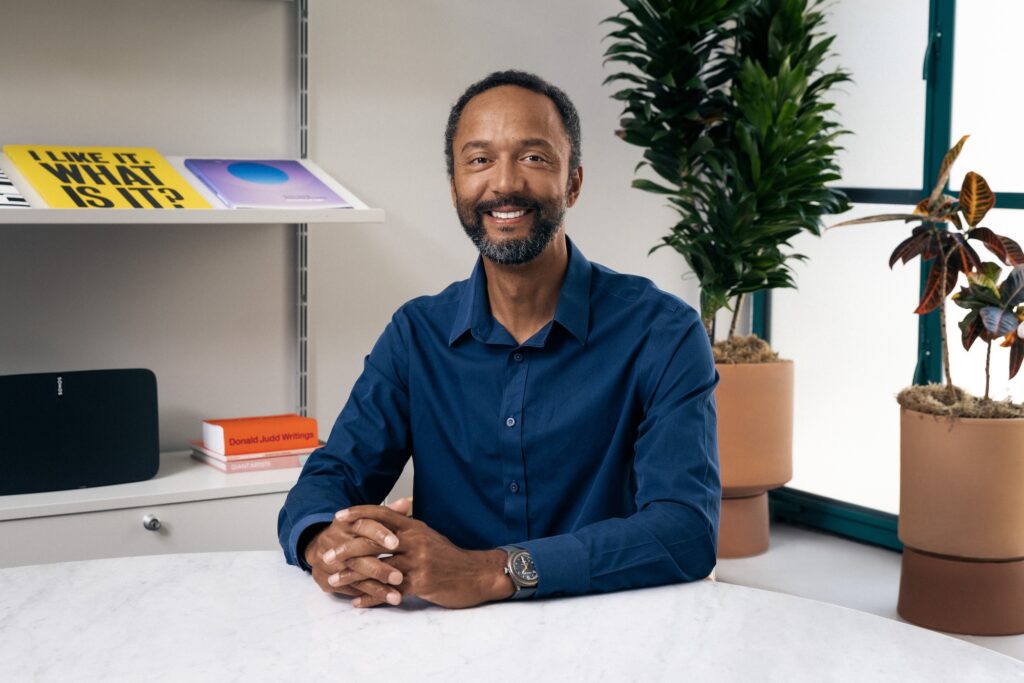
Deji Olukotun
Director, Sustainability & Impact
Sonos, Inc.
What part of your heritage and/or history do you feel most proud of or connected to? I was born and raised in the United States to a father with mixed heritage from Nigeria and Togo and a mother whose grandparents immigrated from Poland and Lithuania. Because of that I feel connected to a lot of cultures, and it’s probably why I became a history major! At the same time, I’m grateful for the African-American forebears who made it possible for someone like me to pursue my dreams.
What inspires you to protect the earth, nature, or the environment? At Sonos, it’s clear. We know that our stakeholders care about the environment and climate change. We see it in our data, in customer interviews, and from our own employees. That’s why we created our Climate Action Plan and why we are building sustainability into the bricks of how we design our products. We promote biodiversity through our regenerative sound program – which supports nonprofits using AI and acoustics to map biodiversity. It’s also why we pledged to slow our shipments through the Santa Barbara Channel through the Blue Whales, Blue Skies program run by NOAA. We have a lot more work to do, but our imperative is clear.
On a personal level, I’ve had the privilege of exploring climate change in my science fiction writing. As a fellow at the Center for Science & the Imagination, I wrote a short fiction story on renewable energy solutions with experts from the National Renewable Energy Laboratory. It was a fun way to think about our energy futures.
What barriers do you feel exist for the Black community to work in sustainability or environmental carrers? It’s no secret that the sustainability profession in the U.S. needs to improve its diversity. Women have made strides – women lead many sustainability teams at Fortune 500 companies and even Big Tech – but there is a lot more work to do to make the field more inclusive. I’ve also observed more diversity at sustainability conferences, which is encouraging. There are nonprofits like Intersectional Environmentalist who are thinking about these challenges, because the negative impacts of climate change and environmental despoliation fall on marginalized communities – especially black communities. We need to nurture and build the talent pipeline, but also recognize that there are black people out there with the skills and qualifications to succeed who just haven’t had access or an opportunity. We all live here on this Earth and we’ll need solutions from the black community – and all communities.
How can the community best support your work or career journey? Recognize that there is a wide range of diversity within the black community. Black environmentalists are often expected to talk about race, and are brought in to contribute only when racial justice is the topic at hand. While this is deeply needed, people have different expertise. Personally, I’ve been pleased to connect with other black sustainability executives around the world, and it has been inspiring to learn about our varied approaches and experiences.
Deji Bryce Olukotun is the Director of Global Affairs & Impact at Sonos, responsible for overseeing sustainability, the Sonos Foundation, and corporate policy. Prior to Sonos, Deji worked at the digital rights organization Access Now, where he drove campaigns on fighting internet shutdowns, cybersecurity, and online censorship. Before that, he fought for free expression and the defense of writers around the world at PEN American Center with support from the Ford Foundation.
Deji is a Future Tense Fellow at the New America Foundation where he explores the intersection of science, fiction, and policy. He holds a J.D. from Stanford Law School, a BA from Yale University, and dual masters degrees in Creative Writing and Justice & Transformation from the University of Cape Town, where he was a Rotary Ambassadorial Scholar.
He is the author of two novels and his fiction has appeared in many different book collections. His science fiction appeared in 2020’s Best Science Fiction & Fantasy, edited by Outlander creator Diana Galbadon
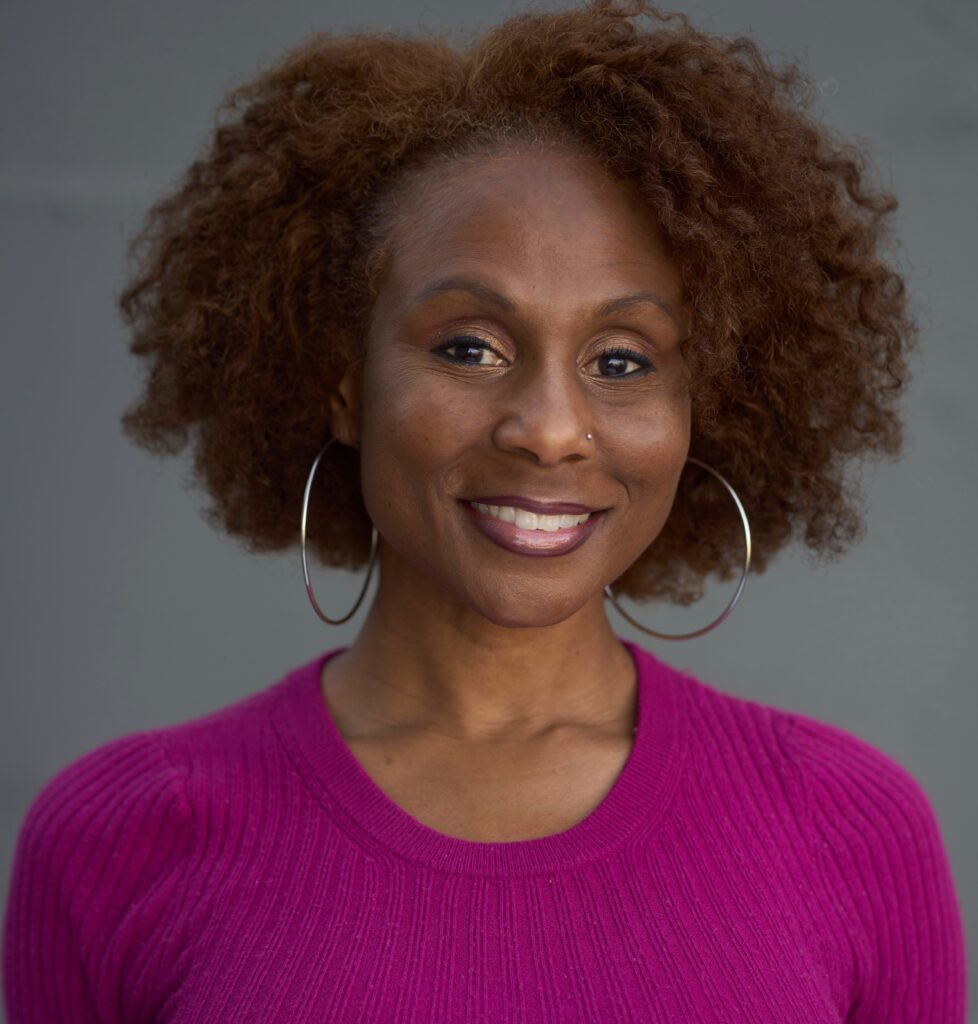
Nadra Ehrman
Director of Sustainability,
The Towbes Group
What part of your heritage do you feel most proud of or connected to?
I feel most connected to the resilient nature and beauty of my heritage. As an African American woman I find power and grace in the obstacles my ancestors have been able to overcome. I’m proud of how we are able to take tragedy and turn it into triumph. I see that especially in art forms like jazz, and hip-hop. I’m empowered by the mothers, aunties and grandmothers who raised me and worked tirelessly to provide for their families and communities with grace, humor, faith and fortitude.
What inspires you or is your motivation to protect the earth, nature, or the environment?
We are not apart from nature, we are a part of nature. I believe that so many of our social ills have a common root and I see this sentiment mirrored in the work of individuals such as Thomas Hubl and Dr. Flavia Maia. Specifically, Dr. Flavia Maia talks about the interconnections of emissions and emotions. I interpret that as needing the integration of the heart and mind to approach climate change. We need science and technology as much as we need indigenous wisdom and an emotional connection to the land. This belief motivates and grounds me.
What barriers do you feel exist for the Black community to work in environmental spaces as defined by the mainstream environmental movement?
Given the vast perspectives represented in Black communities throughout this country, I don’t feel qualified as one individual to give a comprehensive answer. That said, I think having more Black voices representing their communities in mainstream environmental leadership may help provide more clarity about those barriers.
How can the community best support you in your work?
I feel supported when those in this work are fully present and conscious of how their thoughts and emotions influence their actions and overall outcomes. Staying curious, and allowing ourselves to imagine what a truly balanced and equitable world looks like, then working backward from that goal is what I consider the ultimate level of support.
Nadra Ehrman has over 20 years of extensive experience in property management, spanning both non-profit and private sectors and currently serving as the Director of Sustainability at The Towbes Group in Santa Barbara, CA. Prior to relocating to Santa Barbara, Nadra resided in San Diego, where she worked with organizations such as San Diego Youth Services and St. Vincent de Paul, focusing on providing housing and support services to at-promise youth.
Nadra is also actively involved in various community and educational organizations. She currently holds positions on the board of Santa Barbara County Office of Education for Trustee Area 2, the Community Environmental Council, and is a member of the State Street Advisory Committee. Nadra is an alum of the Katherine Harvey Fellows program, a former member of the Institute of Real Estate Management (IREM) Central Coast Chapter 102 Board, and the Santa Barbara Green Business Steering Committee.
Nadra earned her a BA from UC Santa Cruz and a Master’s of Science in Social Entrepreneurship from USC. Alongside her professional and community endeavors, she takes pride in being a devoted mother to a remarkably talented and intelligent young woman.
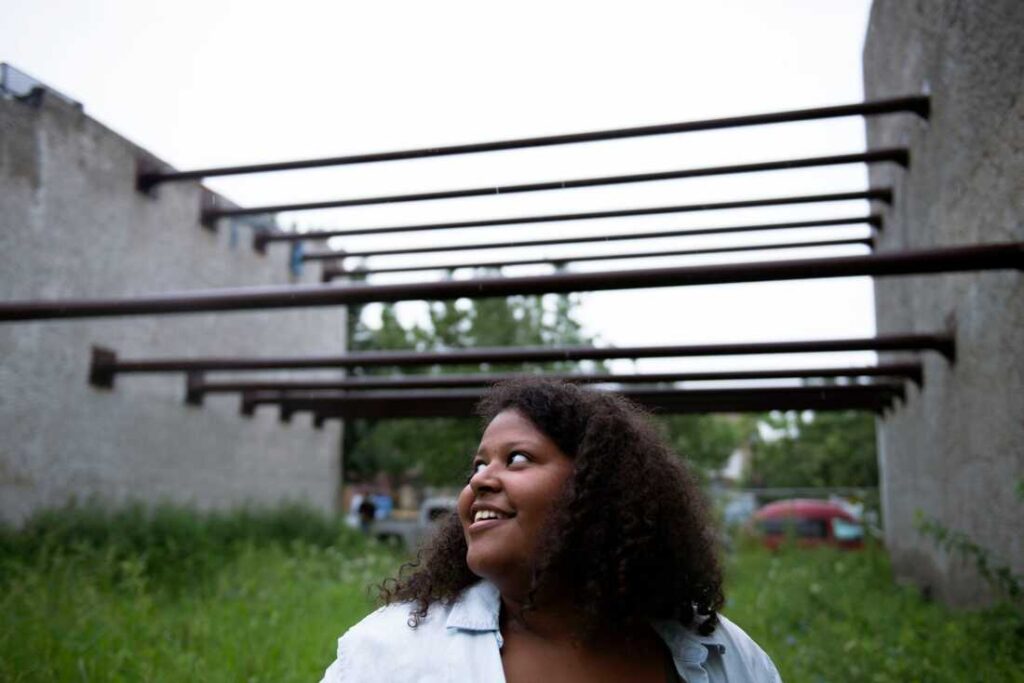
Timnit Kefela
Presidential Postdoctoral Fellow,
Arizona State University’s Biodesign Center for Environmental Health Engineering and School of Sustainable Engineering and the Built Environment
What part of your heritage do you feel most proud of or connected to? I am proud of all of it, especially how rooted the diasporic Black identity is to the environment even if we become disconnected from it. Learning how to nurture nature in unlikely environments as taught by my mother (she has ferns older than me!) and spending invaluable time in rural Eritrea with grandmothers who were farmers taught me a lot about the land and why we need to love and care for her.
What inspires you or is your motivation to protect the earth, nature, or the environment?
It comes from joy and despair about the environment. The joyful component is learning from the matriarchs in my family about the sacred importance of caring for the environment and how it heals us. The despair-filled dimension of it comes from having experienced what it means to distrust your environment making you and your loved ones sick, as well as bearing witness to your high school students who remind you so much of yourself touch soil for the very first time. Wanting to have agency and alleviate the negative impact environmental destruction has on my community steers my purpose.
What barriers do you feel exist for the Black community to work in environmental spaces as defined by the mainstream environmental movement? Frankly, these are barriers that echo across different spaces. Lack of representation especially within the decision-making processes of organizations. Limited understanding that access does define what being an environmentalist looks like for different communities, and that the mainstream environmental movement is built on the exclusion of those communities. Environmental opportunities are often poorly compensated for young Black environmentalists to partake in and desirable experiences often come in the form of unpaid internships which is not a financially feasible option for many.
How can the community best support you and/or your work?
It’s one thing to say you care about diversifying environmental spaces, it also means advocating for better environmental health outcomes for minoritized communities. That means advocating with us, supporting us and genuinely valuing what we have to say.
Timnit Kefela is the Presidential Postdoctoral Fellow at Arizona State University’s Biodesign Center for Environmental Health Engineering and School of Sustainable Engineering and the Built Environment. She is a passionate educator and environmental scientist who seeks to better understand (micro)plastic pathways and fates in effort to design infrastructural solutions for waste management in Southern California and beyond. Timnit received her bachelor’s and master’s degrees in biology from Rutgers University-Camden and was the first Black woman to receive her PhD in Environmental Science and Management from the Bren School at UC Santa Barbara. She was recently a lecturer at California State University, Channel Islands. Timnit views science as a vehicle of agency and is passionate about inclusive environmental futures. She is a co-organizer for Black in Environment and works with different organizations advocating against plastic pollution and its impact on frontline communities. In her free time Timnit enjoys reading, handbuilding pottery, hiking and exploring new places.
Los Padres ForestWatch protects wildlife, wilderness, water, and sustainable access throughout the Los Padres National Forest and the Carrizo Plain National Monument. We achieve this through education, advocacy, and when necessary, legal action for the benefit of our communities, climate, and future generations.
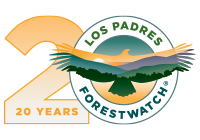

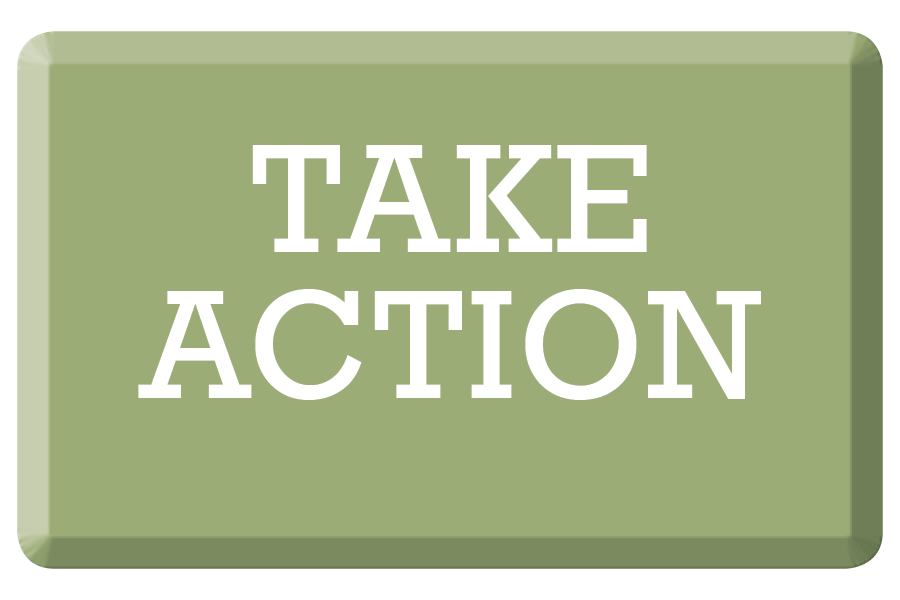

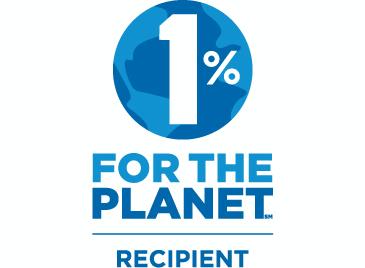

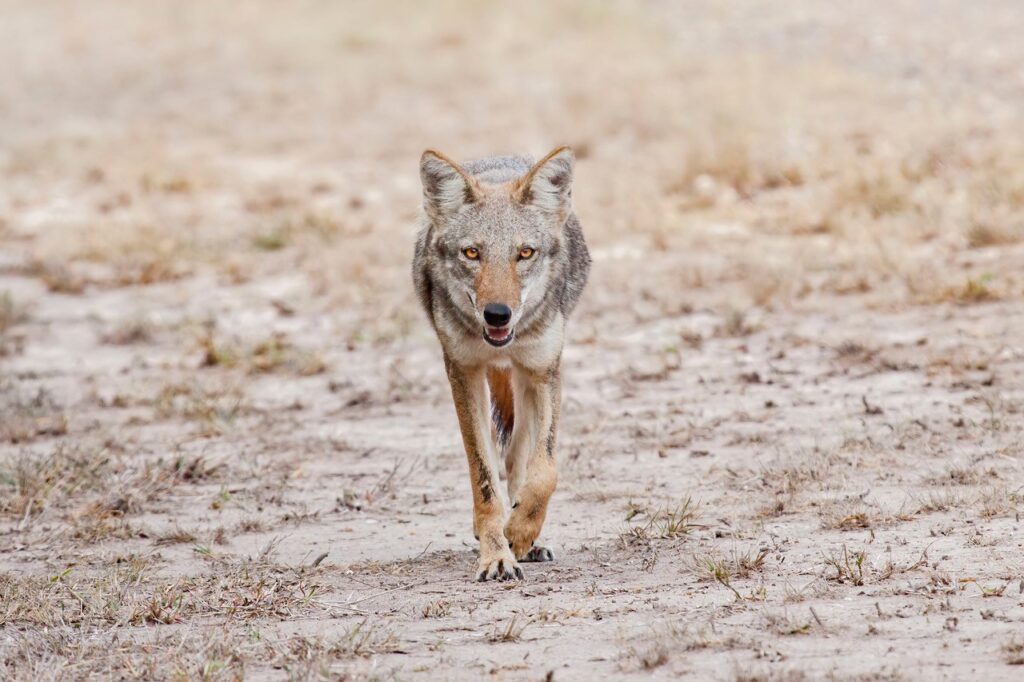
Comments are closed.